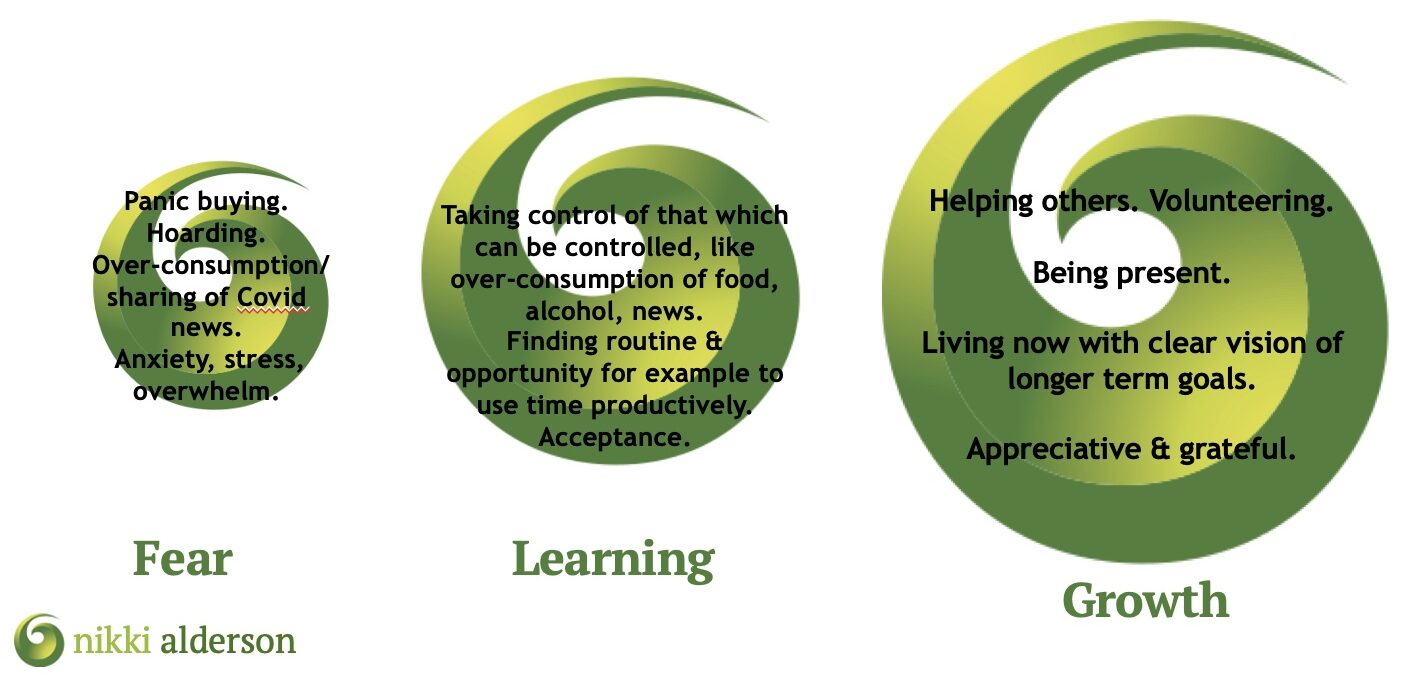An 8 minute read on the benefits of the growth mindset for lawyers, including strategies for adoption for firms and individuals
Lawyer Resistance to the Growth Approach
Lawyers are not known for being at ease with the adoption of the growth mindset. To understand their reluctance towards it, and caution around new ways of working or fresh approaches, is to understand more about how lawyers are trained to assess and deliver advice based upon risk.
Legal teaching looks at the interpretation of current or past law, as opposed to innovating for the future. Classic example, studying Roman Law at University, (specifically the rules governing the use of chariots), as opposed to learning business development skills to successfully support lawyers to network, or support law firms to innovate and work-win!
Traditionally lawyers are risk averse. Their legal advice is based upon tried and tested precedent. They don’t get necessarily get caught up with the creative thinking side of writing new laws.
A natural resistance to a growth mindset can to a degree be forgiven, and plays into the occasionally unfair image of lawyers as luddites as opposed to innovators. With the danger of holding on to this approach though, comes an even bigger risk: that their firms get stuck and left behind.
That said, the good news is that a growth mindset can be developed and learned, and to understand how, let’s look at some of the theory behind it now.
Fixed v Growth Mindset
American Psychologist, Carol Dweck, in her work with American school students, developed the concept of fixed versus growth mindset and wrote extensively about it in her 2006, globally acclaimed book, Mindset: The New Psychology of Success: In short, she concluded that those of a fixed mindset believe success is based on innate ability, intelligence or talent – all immovable traits, incapable of development – whilst those of a growth mindset believe success is based on learning, training, hard work, effort and determination.
Dweck observed different behaviours in those of each mindset. Those of a fixed mindset particularly fearful of failure, perceiving it as a negative reflection on their abilities. On the other hand, those of a growth mindset embrace failure as an opportunity to learn, develop and, ultimately, improve performance. Put another way, it’s all about the power of “yet”: seeing potential rather than only current experience. You can hear Dweck talk more about it here: https://www.youtube.com/watch?v=hiiEeMN7vbQ
Pandemic Learnings
I saw an interesting infographic during Covid which developed the concept still further, as our responses to the pandemic were challenged, and observed our responses to it. It took the mindset concept from the binary (Fixed v Growth) into a 3-stage developmental process from Fixed, through Learning, to Growth. I’ve included an adaptation here to illustrate the point.

This concept development was predicated on the theory that the mind is a muscle, with the capacity to be trained to think differently, and influence our actions, behaviours and outcomes accordingly.
In the same way, we might ask, “Are you a glass half empty or glass half full person?”
The non-binary approach reminds us that every glass is refillable, giving us all the opportunity to adopt, through learning and development, a growth mindset. For example, to become motivated by challenge, and to embrace failure as an opportunity to learn.
How the Perils of Fixed Mindset over Growth play out for individuals
I can think of a number of examples to illustrate the perils of adopting a fixed over growth mindset:
- The pupil barrister threatened by Chambers’ recruitment of junior tenants – focusing only on the immediate, and possible short term, loss of work, as opposed to the greater benefit to Chambers of building a bigger team, to attract and service more work in the longer term.
- A reluctance not to embrace social media:
- For example, refusing to connect with anyone other than known contacts, thus limiting valuable and important work streams, such as those I have forged globally, coaching in Grand Cayman and Australia from Yorkshire!!
- Similarly, hampering the opportunity of a “way in” at networking occasions because you’ve not connected before. Sharing a mutual admiration for a professional colleague’s work before an event provides a great platform upon which to bring virtual connections into reality.
- Constant daily firefighting without some thought to more strategic, “helicopter” thinking. Whilst it might take some deliberate effort to set time aside to change perspective in this way, by doing so, those growth lawyers actually create more time for themselves over the longer term.
- Making “No” a default position, without thought to what benefits a “yes” may yield. Whilst it’s good to have long term goals and make plans to achieve them, striving for that outcome at all costs shouldn’t come at the risk of saying an unexpected “yes”, which takes you down a new avenue, and opens opportunities you never even knew existed. For example, when I stepped away from a busy crown court practice to undertake life-changing voluntary death row work in Jamaica.
Einstein’s definition of insanity is “doing the same thing over and over and expecting different results”. Such a fixed approach keeps lawyers, and their firms, locked in their comfort zones, with inevitable knock-on, and detrimental, effects for the business – lack of market leadership, new opportunities, innovation and consequent growth.
The Benefits of Growth Mindset
On the other hand, the growth approach is not only vital for successful business development, but also equips lawyers to find the courage to walk the road less travelled.
Post-Covid, the benefits of the growth mindset are even clearer now for all to see. The learnings from the pandemic are to be embraced rather than shied away from. This is particularly so having observed the success of firms adopting new and flexible working practices, making workplaces more accessible, particularly for those with caring responsibilities, whether career returners or those, mid-career, looking after elderly relatives.
So, what can you and your firm do to lead on mindset?
Three strategies to adopt to lead on mindset as a firm or leader and an individual or employee
A. As a firm or leader…
1. Walk the walk on mindset:
A growth culture is impossible to cultivate without leaders actively leading the way, effectively adopting and engaging a growth mindset themselves. Put another way, to successfully embrace the growth mindset as a firm, leaders need to set the tone around it, to fundamentally influence, and more to the point engender, meaningful cultural change within the organisation.
By doing so, leaders will demonstrate their ability to adapt, be proactive, learn from perceived failure and, importantly, become more effective.
For example, not shying away from sharing stories about past mistakes promotes a culture of psychological safety. Employees can see they have a place, there is no stupid question and that they are safe to own up to mistakes, whilst demonstrating an understanding of the lessons learned.
The knock-on consequence is more engaged employees, improved productivity and increased profits.
2. Train the brain:
Just as leaders can develop growth mindsets for themselves, so too that mindset can be developed in others. Dweck talks more about teaching a growth mindset here: https://youtu.be/isHM1rEd3GE
Leaders can not only walk the walk to inspire others to do the same, but also give to other employees within the firm the gift of being taught it themselves, whether by coaching across the board or in targeted group of emerging talent for example. This helps all to better understand what it is, and why it is so important for the future success of the firm.
3. Retain talent:
Leaders adopting a growth mindset recognise the potential in themselves and others, as opposed to limiting themselves to their current experience only. They promote the view that talent is learned as opposed to a given gift. Growing and developing people’s potential in this way does wonders for employees feeling valued and valuable. It pays dividends in keeping them engaged and ensures that home-grown, hand-picked talent is also retained. Employee engagement increases. Attrition rates and recruitment costs are reduced.
B. As an individual or employee
1. Adopt growth character traits:
Work on character traits which will more readily support you adopt a growth mindset: be engaged, hard-working, ambitious, willing to change, and hold yourself accountable for your own outcomes, no one else.
2. Learn daily and perpetually:
Recognise the new growth habits that serve you and become accustomed to consistently adopting and practicing them daily. Those adopting a growth mindset are perpetual learners, so allow learning something alien to become second nature.
3. See failure as learning:
Have a clear goal. Make a plan to get there. Then identify the skills and strengths you have to help you reach your goal, whilst isolating the areas of development to work on too. That’s how you become successful in goal achievement, using your areas of development as motivators, as opposed to limiters.
Learn about new innovations and ideas, and have the courage to adopt them to explore new outcomes. If it works, great, if it doesn’t, see failure only as learning.
Rome wasn’t built in a day, but with leadership spotting potential, as opposed to focusing on talent, and supporting a culture of growth, the seeds will be sown to influence and embed lasting organisational change, and all for the greater good.
Nikki Alderson Biography
Nikki Alderson, specialist coach, speaker and author, and former Criminal Barrister with 19 years’ experience:
- supports organisations, law firms and barristers’ Chambers to retain female talent; and
- empowers female lawyers to achieve career ambitions.
Nikki specialises in 3 areas:
- Women leadership transition and change;
- Enhanced career break returner support; and
- Workplace resilience, mental toughness, confidence and wellness.
She is the author of Amazon No.1 Bestseller Raising the Bar: empowering female lawyers through coaching, (https://amzn.to/3fodKQX) nominee for the Inspirational Women Awards, Champion of the Year Category and finalist in the 2020 Women in Law Awards, Legal Services Innovator of the Year and 2019 International Coaching Awards, International Coach of the Year Category.

